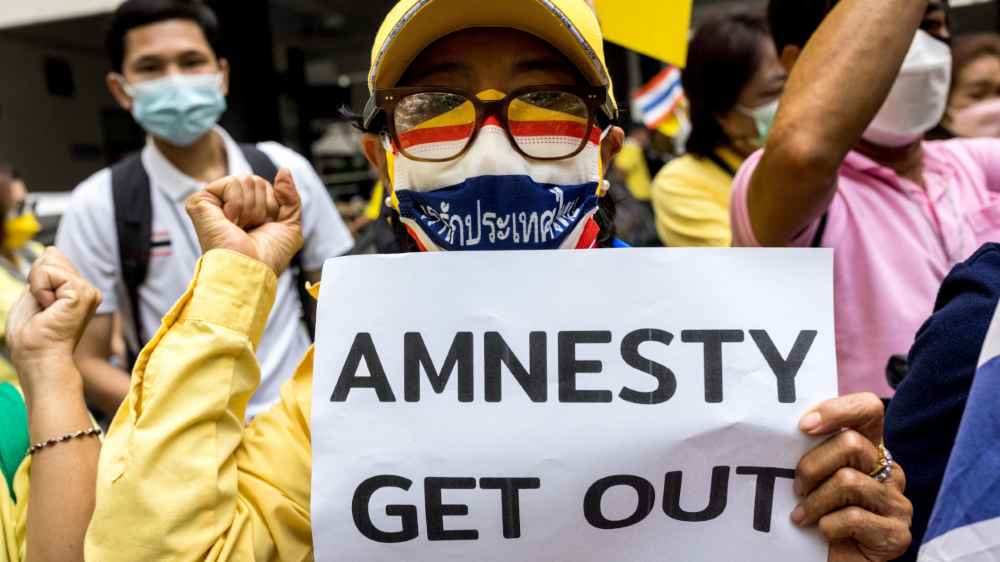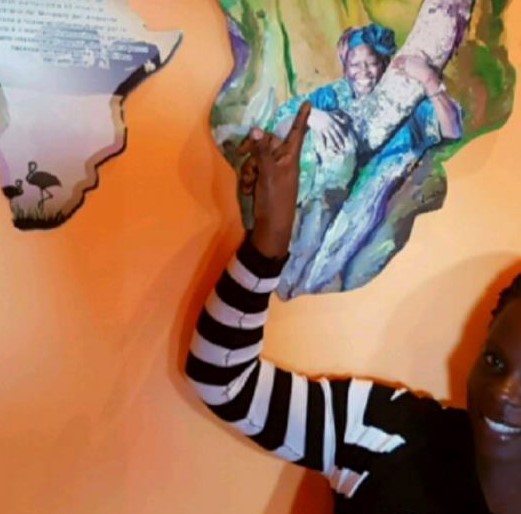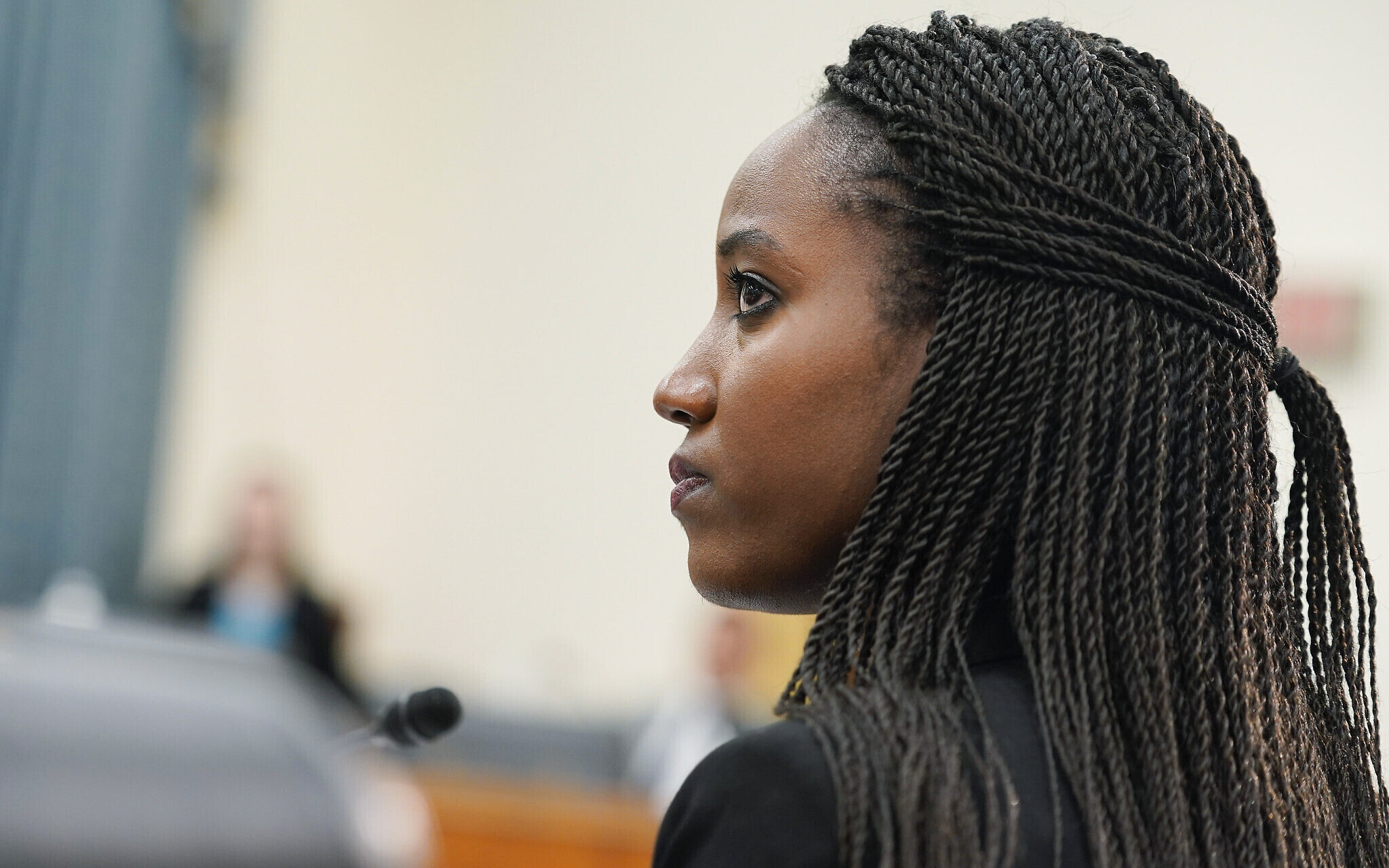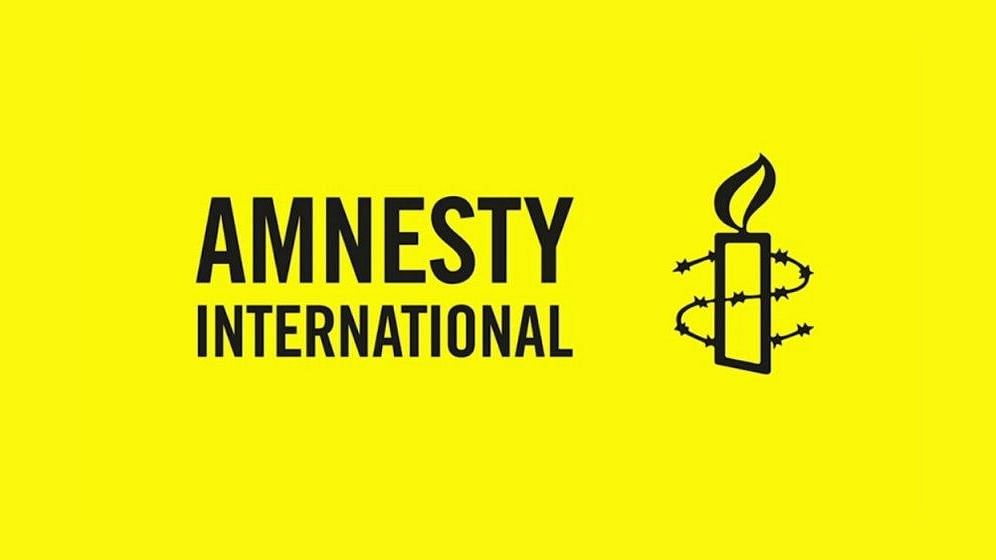Regional
Why is Amnesty International urging US schools to teach false history about 1994 Genocide against the Tutsi?

Amnesty
International, a US based so-called rights organization, published an
‘educational document’ based on the fiction film Hotel Rwanda and used it to
direct teachers on “how to teach about the (True story) movie.”
The so-called educational document is recommended to be taught to high school students in the traditional classroom or a community setting.
In a
message to educators, Amnesty International does not only give a false account
of the 1994 genocide against the Tutsi in Rwanda, but also promotes Paul
Rusesabagina as an individual who saved over 1,200 people.
“When
the world closed its eyes, he opened his arms. Ten years ago as the country of
Rwanda descended into madness, one man made a promise to protect the family he
loved and ended up finding the courage to save over 1,200 people.”
“Hotel
Rwanda tells the inspiring story of real-life hero Paul Rusesabagina (Don
Cheadle), a hotel manager in Rwanda who used his courage and cunning to shelter
over a thousand refugees from certain death. While the rest of the world closed
its eyes, Paul opened his heart and proved that one good man can make a difference,”
reads part of the film synopsis quoted by Amnesty International.
Many
Rwandans, wonder why a human rights organization would be interested in
distorting the sad history of Rwanda, obscuring the truth and promoting
fictional narratives created in Hollywood.
The
anti-Rwanda propaganda driven by Amnesty International is shockingly extensive.
Amnesty
International’s teacher’s guide that talks about the “Rwandan genocide” and
avoids calling it by its real name, the genocide against the Tutsi, is intended
to corrupt and confuse the minds of young Americans by obscuring the truth of
what happened in Rwanda in 1994.
Just
like the Holocaust was the genocide of European
Jews during World War II between 1941-1945, the Genocide against the Tutsi
committed in 1994 in Rwanda targeted the Tutsi.
On January 26, 2018, the
United Nations General Assembly adopted draft resolution A/72/L.31, designating April 7 as the
International Day of Reflection on the 1994 Genocide against the Tutsi in
Rwanda. The UN recognizes that the mass massacres that happened in Rwanda in
1994 as the Genocide against the Tutsi.
Genocide
scholars opine that the people and organisations that invent other names for
the mass massacres in Rwanda in 1994, rather than the genocide against the
Tutsi, have intentions of propping up the double genocide theory.
The narrative of Rusesabagina saving people in Hôtel des Mille Collines was refuted by genocide survivors who were in the hotel. Rusesabagina is, instead, described as an opportunist who charged money to allow people to stay in the hotel and threatened to throw out anyone who did not pay him, defying orders by the president of Sabena Hotels who had urged him to accommodate all refugees without charging them.
Rusesabagina did not play any
role in the survival and escape of the Tutsi held up in the hotel, as the
fictional Hotel Rwanda movie claims.
He is a man who pursued fame and personal gains.
Edouard
Kayihura, one of the survivors of genocide against the Tutsi, and others who
took refuge in the hotel recount how Rusesabagina extorted them.
In his
book “The Hotel Rwanda: The Surprising True Story… and Why It Matters
Today (March 25, 2014), Kayihura writes that, “In his first meeting with
the staff after becoming hotel manager, he instructed that all refugees who
couldn’t afford to pay for room be evicted from hotel rooms and sleep in
corridors. Others were forced to sign cheques as surety.”
Kayihura
reveals that Rusesabagina had good relations with government officials and
Interahamwe militia who planned and executed the genocide against the Tutsi. “During
his tenure as hotel manager, he had a good relation with leaders of Interahamwe
including its president at national level Robert Kajuga and army officers
including Gen Augustin Bizimungu, Army Chief of Staff and Col Theoneste
Bagosora who was Cabinet Director to the Minister of Defence who served as
acting Minister of Defense while the Minister was on mission to Cameroon.”
Col Bagosora
was one of the architects of the genocide against the Tutsi. He was sentenced
to 35 years in prison by the International Criminal Tribunal for Rwanda (ICTR).
At Hôtel
des Mille Collines, Rusesabagina who posed as an ordinary man,
worked as an intelligence informer collecting intelligence information from
people who sought refuge at the hotel.
Today,
Rusesabagina is a genocide denier, who formed and led an armed terror group, FLN, to fight against the government of Rwanda.
He
collaborates with FDLR, a terrorist organization under UN sanctions.
FDLR
was formed by remnants of the perpetrators of the genocide against the Tutsi
and continues to wreak havoc in eastern DRC where it is based. The FBI and
Belgian authorities shared with their Rwandan authorities’ evidence of
Rusesabagina’s connection with terror groups.
Rusesabagina
is a convict on parole for acts of terrorism that killed people and destroyed
property in western Rwanda in 2018.
Rusesabagina
gained fame after his 2004 fictional film-Hotel Rwanda, which portrayed him as
a brave man who sacrificed all he could to save the threatened Tutsi.
The
hijacked fame followed by the US Presidential Medal of
Freedom boosted Rusesabagina’s political ambition of creating his
political party PDR-Ihumure, and soliciting funds for his foundation to sponsor
terror activities against Rwanda.
Academic
institutions, civil society, and the government of Rwanda, should hold Amnesty
International accountable for distorting and re-writing the history of Rwanda
using a fictional movie Hotel Rwanda, and promoting an individual who is a
convict on parole for acts of terrorism.



.jpg-20230221102203000000.jpg)



